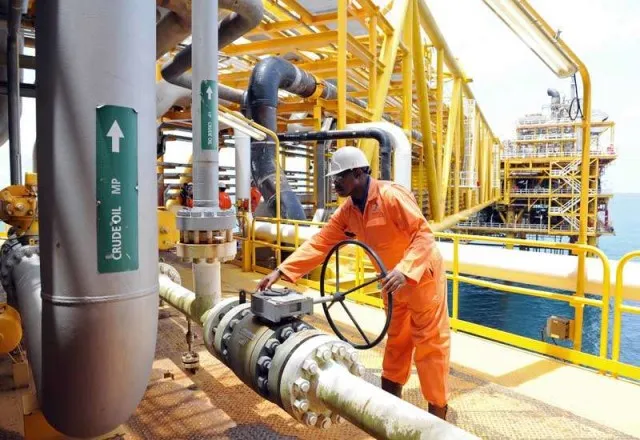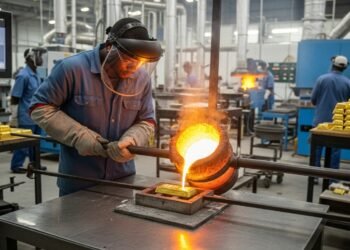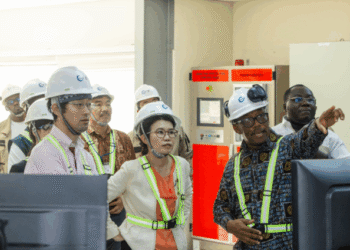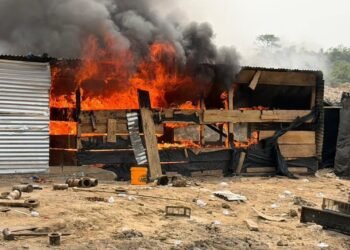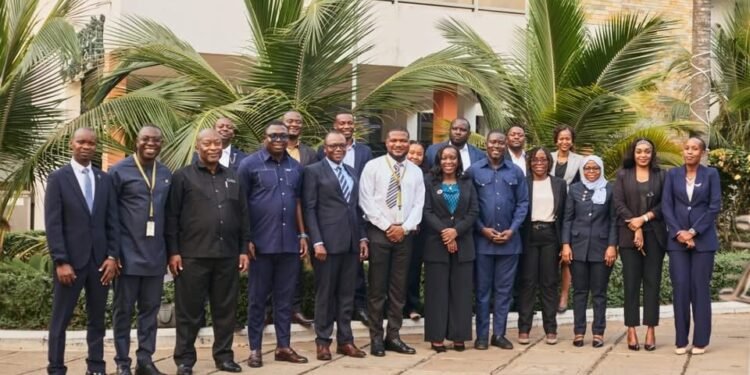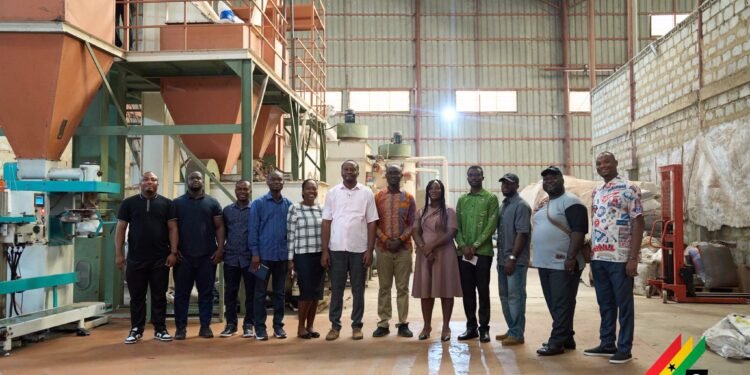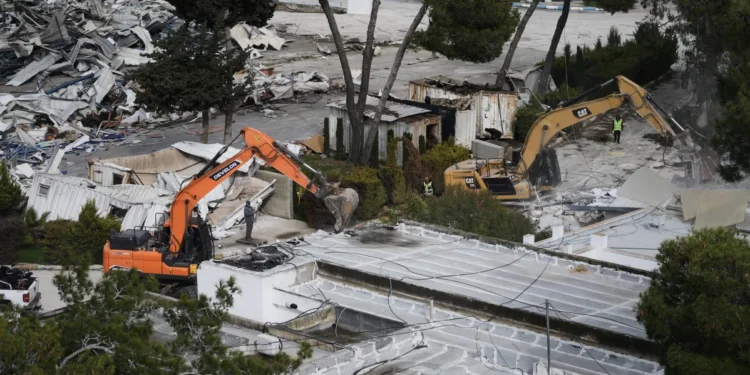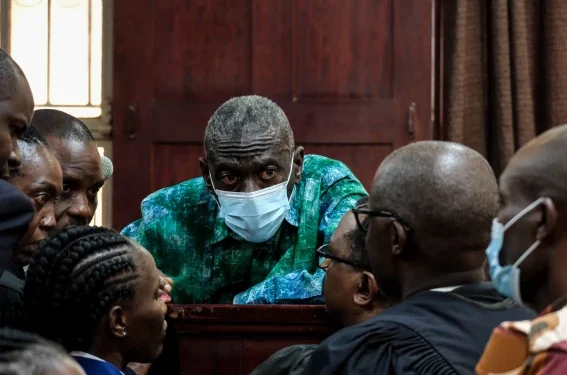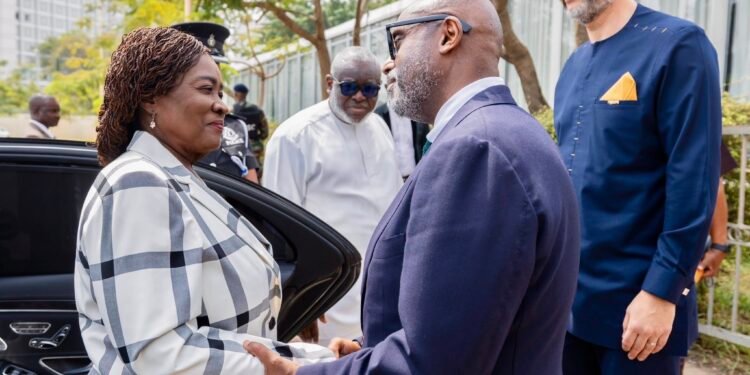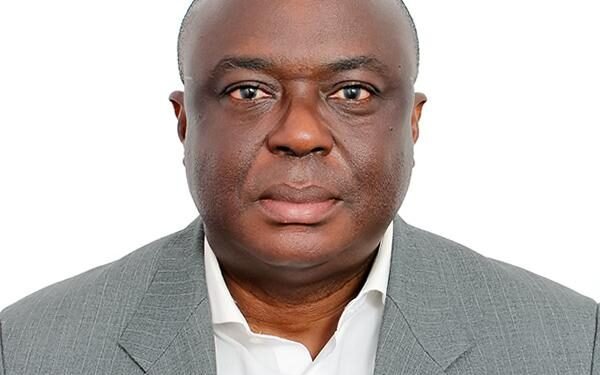In a move aimed at bolstering global energy security and promoting sustainable development, several energy-rich nations have come together to sign critical partnership agreements at the conclusion of a landmark summit held in Algeria.
The agreements, inked by major players such as Russia, Qatar, Iran, and Venezuela, mark a crucial step towards enhancing cooperation in the realm of natural gas production and distribution.
The summit, attended by leaders from over 10 gas-exporting nations, served as a platform to foster collaboration and strategize collective efforts towards the efficient utilization of natural gas resources. Algeria’s President, Abdelmadjid Tebboune, emphasized the forum’s commitment to expanding the utilization of natural gas, highlighting its important role in meeting the world’s growing energy needs while concurrently addressing environmental concerns.
Central to the agreements is the collaboration between Africa’s energy commission and East Asia’s economic research institute. This partnership aims to advance sustainable development initiatives and bolster energy security across regions. By leveraging the expertise and resources of these organizations, the signatory nations aspire to optimize natural gas utilization, minimize environmental impact, and ensure equitable access to energy resources.
The significance of this pact lies not only in the collective commitment of major energy players but also in the sheer magnitude of their combined natural gas reserves. The 20 nations comprising the exporters forum collectively hold over 70% of the world’s natural gas reserves, underscoring their pivotal role in shaping the global energy market.
Algeria, serving as the host nation for the summit, occupies a prominent position in the natural gas market. Already Europe’s second-largest pipeline supplier, Algeria’s involvement in the agreements reaffirms its status as a key player in the international energy arena. The nation’s vast natural gas reserves, coupled with its strategic geographic location, position it as a crucial hub for energy distribution and cooperation.
A Paradigm Shift Towards A More Sustainable And Interconnected Global Energy Framework
The collaborative efforts outlined in these agreements signal a paradigm shift towards a more sustainable and interconnected global energy framework. By pooling resources, expertise, and infrastructure, participating nations can overcome common challenges, mitigate supply risks, and enhance energy resilience in an increasingly volatile geopolitical landscape.
Furthermore, the emphasis on sustainable development underscores a collective commitment to addressing environmental concerns associated with fossil fuel consumption. As the world transitions towards cleaner energy alternatives, natural gas stands out as a vital bridge fuel due to its lower carbon emissions compared to coal and oil. Through concerted efforts to promote responsible extraction and utilization practices, the signatory nations aim to balance economic development with environmental stewardship.
The agreements forged in Algeria mark a significant milestone in the quest for global energy security and sustainability. By fostering collaboration among major suppliers and leveraging collective resources, these partnerships have the potential to reshape the dynamics of the international energy market.
As European countries have tried to wean themselves off Russian energy, Algeria has emerged as the continent’s second largest pipeline supplier of gas, after Norway. It is the top supplier of gas to Spain and also Italy, whose Premier Giorgia Meloni visited last year. Algeria’s state-owned energy company Sonatrach recently signed a deal to sell natural gas to Germany’s VNG.
Karim Allam, an oil and gas industry analyst, said the summit would provide an opportunity to make the case for gas as “a product of the future.” Algeria “wants to finalize long-term contracts that will provide security for the future, while seeking to bolster its status as a credible and serious producer country,” he said.
However, headwinds remain. Despite aggressive plans to expand production between now and 2030, Algeria has struggled to deliver more gas to Europe at the pace promised. Sonatrach continues to confront infrastructure needs, slowing demand for gas and new competition from countries like Qatar and the United Arab Emirates.
READ ALSO: World Bank Raises Alarm Over Rising Inflation in Domestic Food Prices

